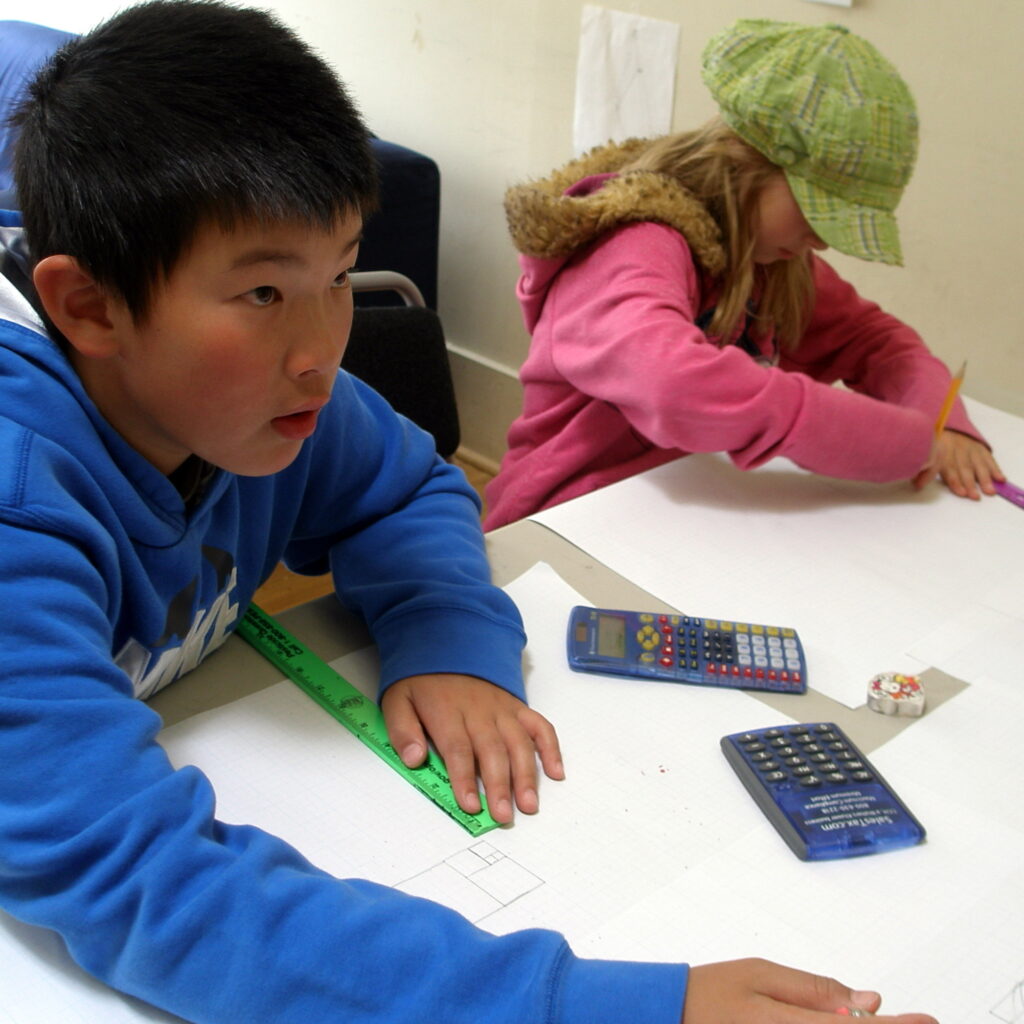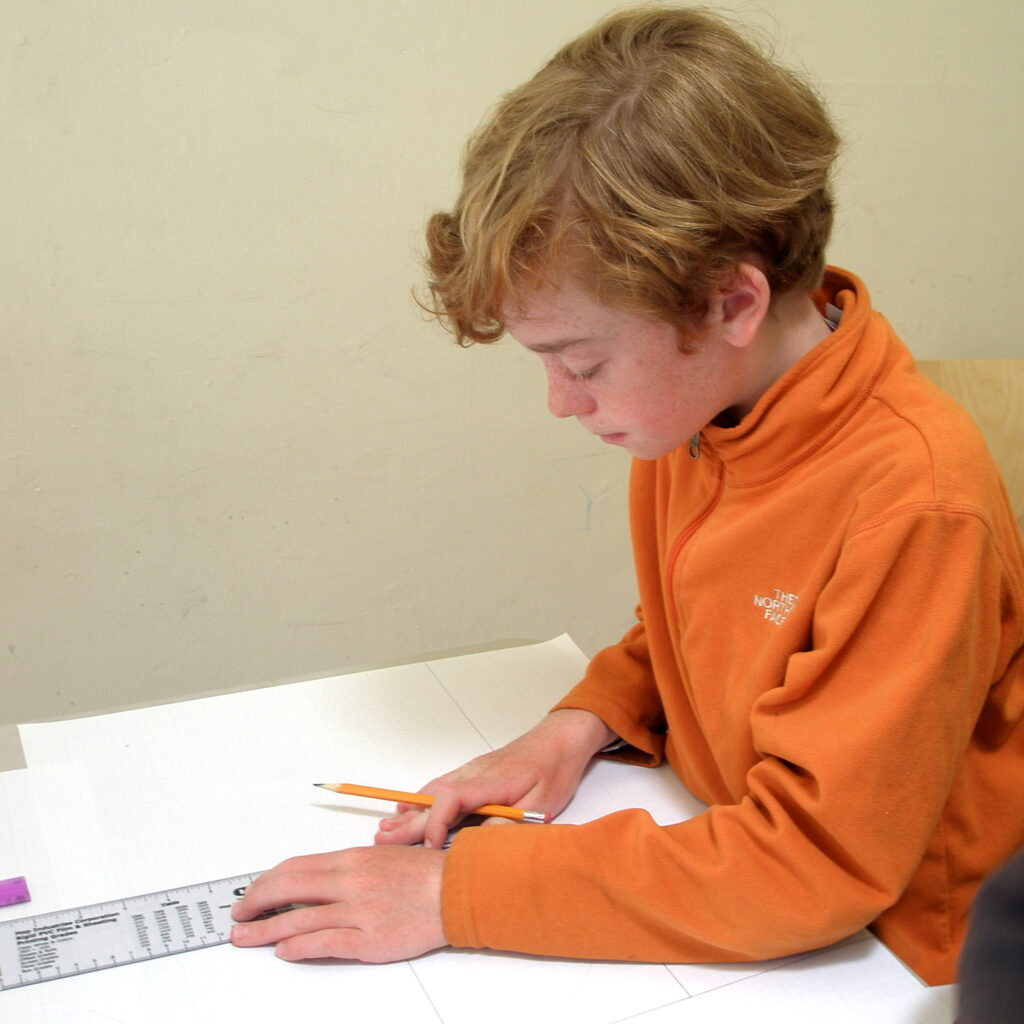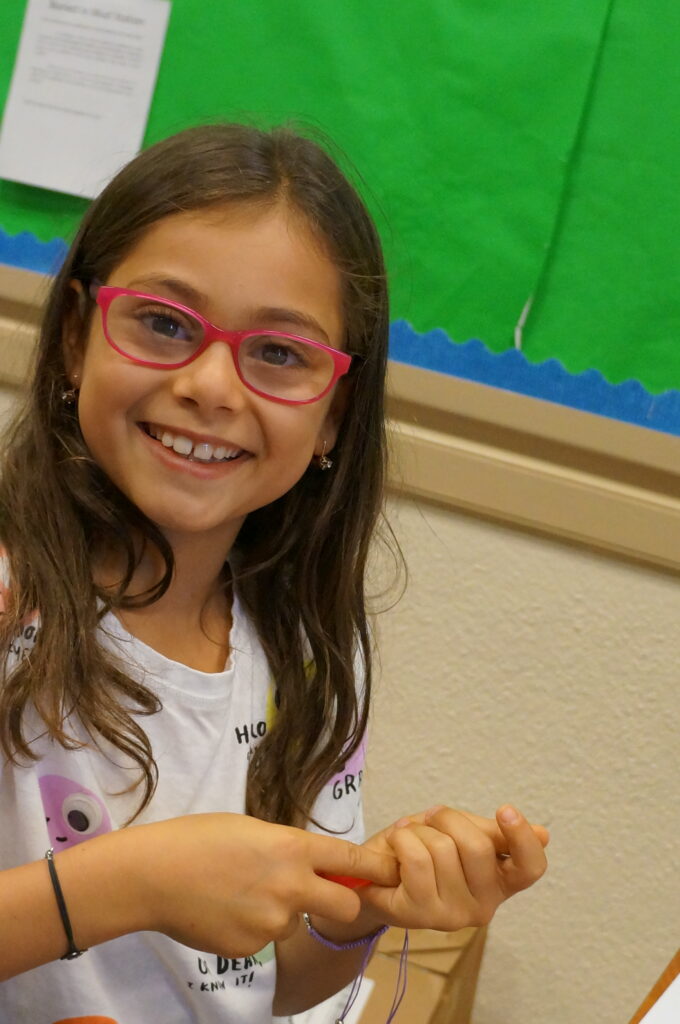
If there is one thing that psychology has clearly taught us, it’s that humans are really bad at understanding how our own minds work. Dan Simons and Chris Chabris outlined many of the ways in which we misunderstand ourselves in their book The Invisible Gorilla, which I highly recommend. In this post, I am going to focus on some myths about how we learn, which can help improve our ability to learn and remember new things.
It’s Not Repetition – It’s Testing!
Many people think that the key to learning is repetition — the more I study the material, the better I will learn it. It is certainly true that repetition can improve learning, but in classroom learning situations repetition is a very inefficient way to learn. This has been shown in many research studies, such as a well-known one published in 2006 by Roddy Roediger and Jeff Karpicke

They wanted to examine how the repeated study of a short prose passage on a scientific topic was related to later memory for the content of the passage, and in particular how it compared to testing instead of studying. They tested two groups of participants: one group read the passage twice, while the other group read it once and then received a memory test in which they had to recall the contents of the paragraph. They then tested the participants’ memory for the material at three different delays: 5 minutes, two days, or one week.

The results showed that the people who had read the passage twice actually did slightly better on the initial memory test (at five minutes). However, on the later tests, those who had read the passage once and then received a test actually performed better, meaning that they had forgotten much less than the people who had simply read the passage twice. Interestingly, they showed in another experiment that the people who repeatedly studied the material thought that they had learned it better than the people who had read it once and then been tested; that is, they misinterpreted the fluency that came from repetition as having learned the material well.
This so-called “testing effect” is now well established in the psychology of learning, and shows one way in which our intuitions about learning can be invalid; when something is easy (like rereading a paragraph) we often think that we have learned it well, when in fact this ease of processing prevents us from learning much from the repeated experience.
Spreading Out Study Over Time
The testing effect is just one of a set of what Robert and Elizabeth Bjork of UCLA have called “desirable difficulties”. In their words: “conditions that create challenges and slow the rate of apparent learning often optimize long-term retention and transfer”. There are two other well-established ways to improve learning by making it more difficult.
The first is the spacing of practice over time. When we repeatedly study something over a short period of time (which we call “massed” training), we become lulled into thinking that we have learned it well, because the content becomes very familiar. However, in reality, the repeated study is giving us little benefit. When we space the training out over time, we are forced to engage more thoroughly with the material, since the initial feeling of familiarity will have subsided. Very similar to what was seen above with the testing effect, people often remember better on an immediate memory test after massed training, only to forget much more over time compared to people who received spaced training.
The Importance of Variety in Studying
Another way to create “desirable difficulties” is to vary the conditions of practice. When we practice in exactly the same way each time, our learnings become closely tied to that specific context. Bjork and Bjork recount an example of one study in which children were taught to throw darts. One group was trained to always through from exactly the same distance, while another group was trained to throw from varying distances. The children who were trained to throw from multiple distances actually learned better than those trained from a single distance.
Summary
All of this research provides some clues as to how to optimize our ability to learn new things.
First, it tells us that we should always be testing ourselves because testing is one of the best ways to cement something into memory. Flashcards might seem like an outdated way to learn, but this research provides new insights into why they are such an effective way to study.
Second, we should space out our learning as much as possible. Instead of cramming for several hours the night before an exam, we should instead study for a few minutes each day for the entire week before.
Finally, we should vary the conditions under which we learn and test ourselves. Instead of a single flashcard for each item you wish to learn, use multiple different flashcards that test it in different ways. Foremost, this research tells us that when something seems too easy, it probably is — we learn the most when things are difficult.
About the Author
Professor Russell Poldrack is a Professor of Psychology, and a Professor, by Courtesy, of Computer Science at Stanford University
Prof Poldrack previously taught at the Massachusetts General Hospital of the Harvard Medical School, UCLA, and the University of Texas. He received his Ph.D. in experimental psychology from the University of Illinois in Urbana-Champaign
